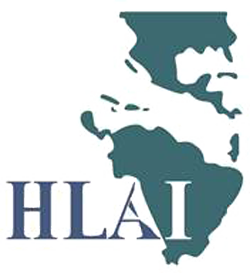Is There Such a Thing as an Oral Contract?
 For whatever reason, one may not have put an agreement with someone else in writing. While it is not ideal, it also does not mean that the agreement is completely unenforceable. If you can prove that the legal elements of a contract have been met, the agreement can still be upheld. To avoid legal issues, you should consult with a contracts attorney.
For whatever reason, one may not have put an agreement with someone else in writing. While it is not ideal, it also does not mean that the agreement is completely unenforceable. If you can prove that the legal elements of a contract have been met, the agreement can still be upheld. To avoid legal issues, you should consult with a contracts attorney.
Oral Contracts Are Possible
It is possible to have a legally binding oral contract. However, you would need to prove that the following exist:
-
There was an offer and acceptance
-
There was consideration (meaning both parties have agreed to do something or forego a right)
-
There was an intention for both parties to be bound by a contract
-
Both parties had the legal capacity to enter into a contract
Then, you would need to prove the terms of the contract, which can be difficult. You may need to call witnesses, or prove the actual agreement based on how it was performed. Even if you can prove that an agreement existed, you would then need to demonstrate that it was broken and that you suffered damages The burden of proof would be on you if you are the one seeking to prove that the contract existed in the first place.
Certain Agreements Cannot Be in Oral Form
There are certain subject matters that must be covered by a written contract. Otherwise, the agreements are not enforceable. For example, transactions for the sale of land and any agreement worth over $500 must be in writing. This requirement covers most contracts in Illinois.
Err on the Side of Caution Always
You do not want to be in a position where you need to prove to the court that a contract actually existed. You are always better off when you put your agreements in writing. Verbal contracts can be exceedingly difficult because the other party could deny the existence of the agreement and force you to prove that one existed and the terms. Then, you should always have an attorney draft or review your contracts. This way, you are on more solid legal ground if there is a dispute.
Contact a DuPage County Business Law Attorney Today
The Glen Ellyn business law attorneys at NN Legal Group help clients with both contract drafting and litigation. We work to understand your particular issue and obtain the best possible result. To schedule a free consultation, you can call us at 630-474-0925 or send us a message online.
Source:
https://www.ilga.gov/legislation/ilcs/fulltext.asp?DocName=003005000K20-60

















